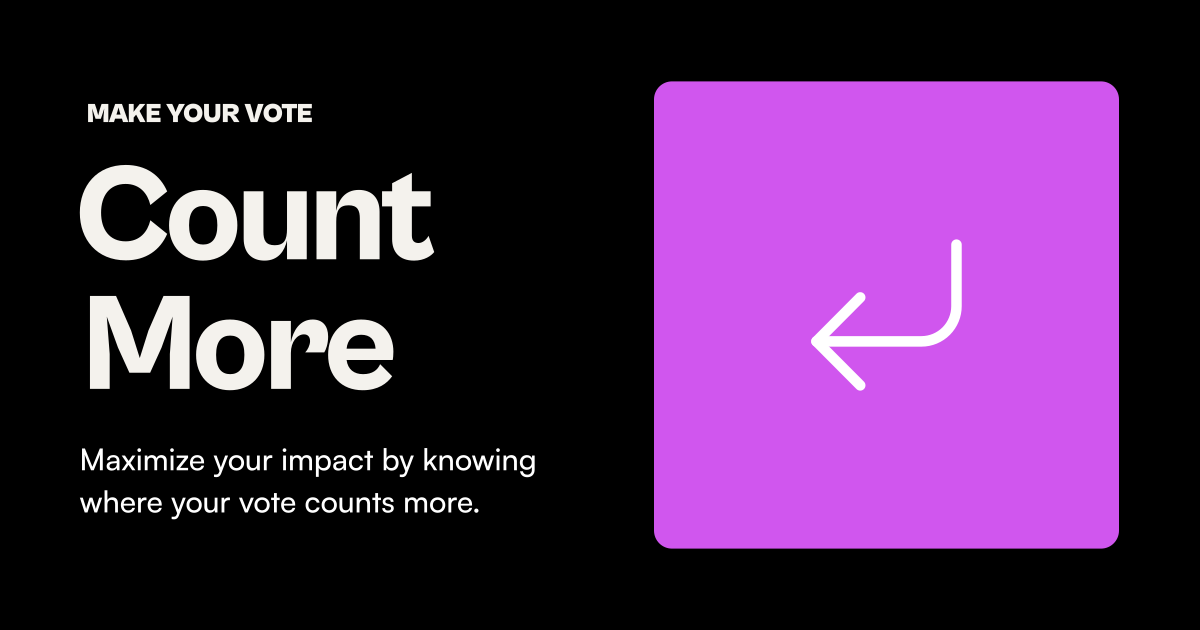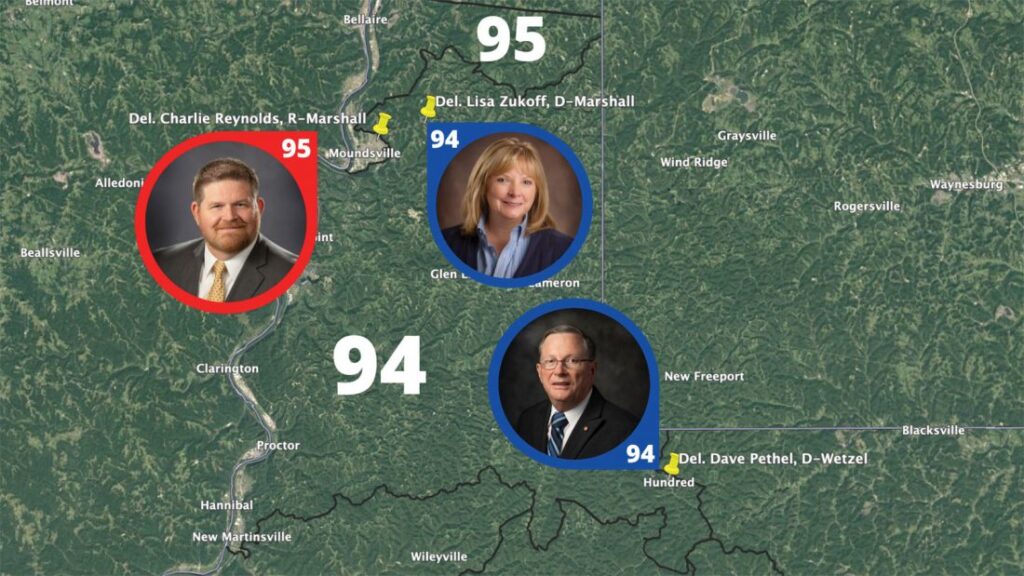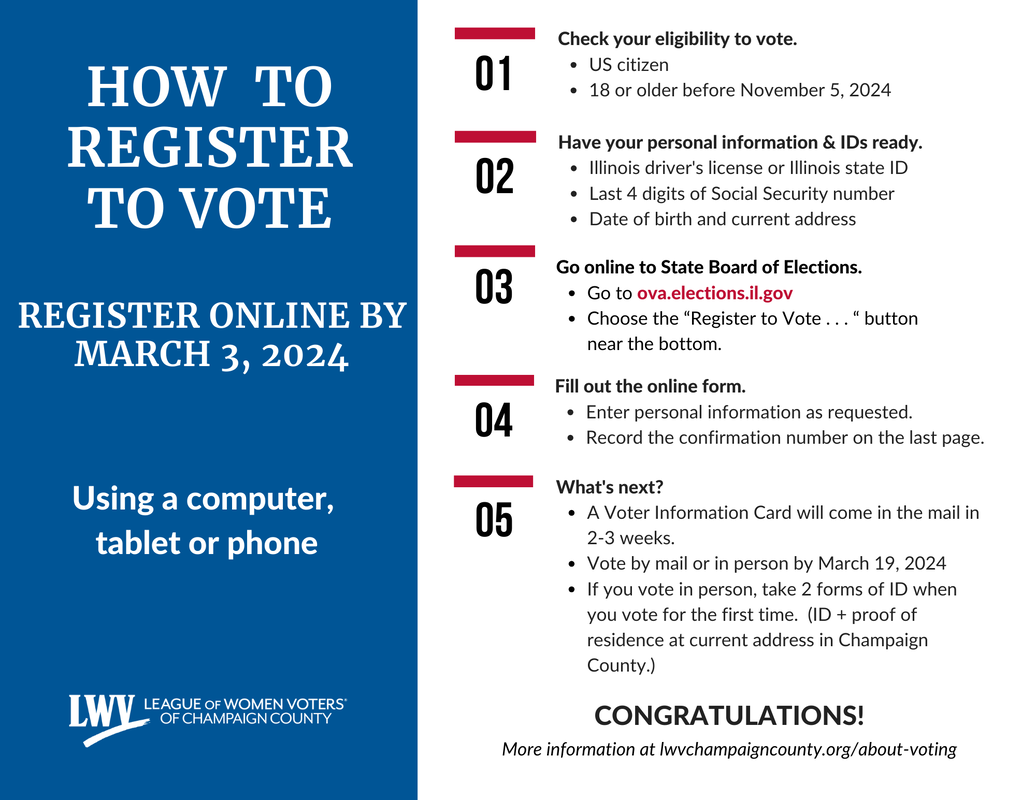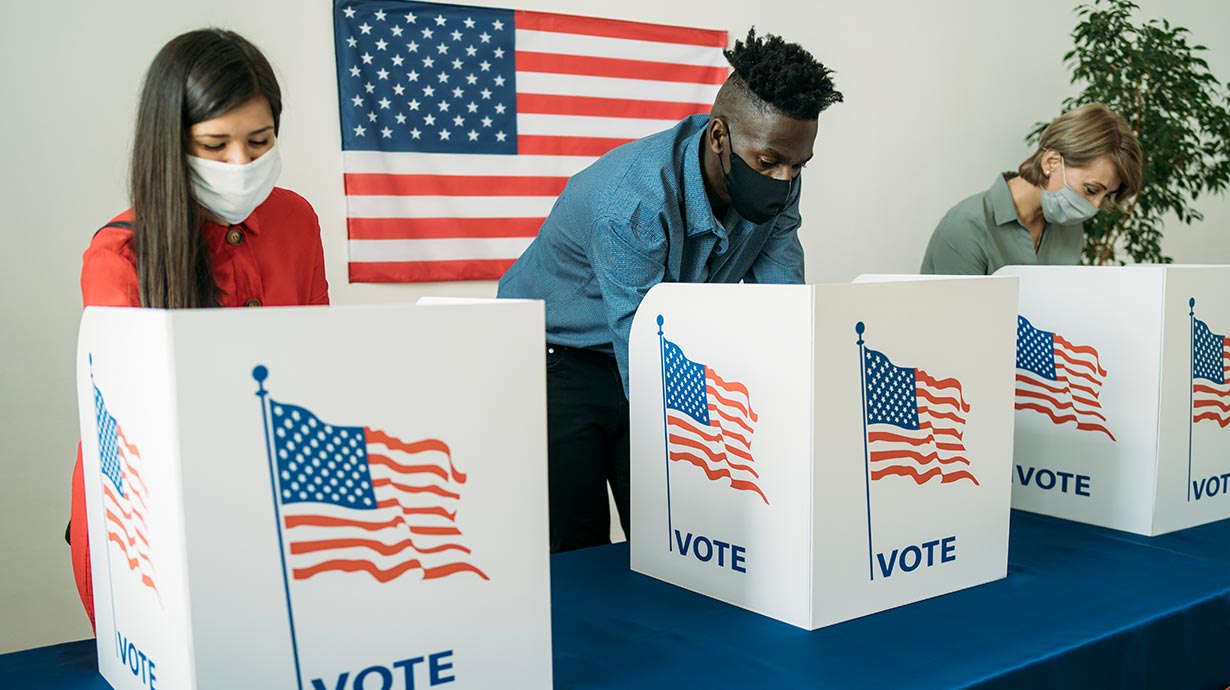15+ YEARS OF EXPERIENCE
voting rights
In 2024, the landscape of voting rights remains a critical focal point in the ongoing struggle for democracy. As nations navigate through evolving political climates and societal changes, the protection and expansion of voting rights have emerged as paramount issues. In various regions, efforts are underway to ensure equitable access to the ballot box for all citizens, regardless of race, ethnicity, socioeconomic status, or geographical location.
Legal Action for a Sustainable Future: Championing Youth Rights and Climate Justice
Rectifying West Virginia’s Democracy is The Imperative to End Prison Gerrymandering
Senate Vote Threatens Critical Energy Efficiency Standards
Nomination of Paul Lawrence to be Deputy Secretary of Veterans Affairs (PN 13-9) – Cloture Vote Passed – Senate
Fact checking Resources
- List of Officials Who Have Stood By the Security of the Election: This article by the nonpartisan law and policy institute, The Brennan Center, shows how a bipartisan coalition of leaders reject the myth of widespread voter fraud in the 2020 presidential elections. These leaders include members of federal intelligence agencies, the courts, elected officials and experts, many of whom are Republicans.
- Fact-checking false claims about the 2020 election: This article by the nonpartisan factchecker, Politifact, which “rates the accuracy of claims by elected officials” offers 80 fact-checks about the integrity of the 2020 election that dispel myths of fraud.
- No Evidence of Voter Fraud: A Guide to Statistical Claims About the 2020 Election: Three election scholars from the University of Chicago and Stanford published a report debunking various statistics-based claims that purport to somehow cast doubt on the integrity of the election.
- Data Analytics to Enhance Election Transparency: this report, published by MITRE, a not-for-profit organization that works in the public interest sector across industry, academia, and various levels of government, found no evidence of “fraud, manipulation, or uncorrected error” after using multiple types of analysis to examine states’ election results.
- Fact check: What’s true about the 2020 election, vote counting, Electoral College: USA Today published a comprehensive fact-check dedicated to verifying true claims and fighting false information about the election.
- Report on the November 2020 Election in Michigan: The Michigan Senate Oversight Committee in a report commissioned by state Republicans found that there was not “widespread or systemic fraud.” Originally, the Republican chair of the committee, Ed McBroom, had his own questions about how votes had been counted, but over the course of the investigation, McBroom concluded that any issues or abnormalities in Michigan’s vote count —which were virtually nonexistent— could be accounted for by human error and clerical errors rather than fraud, according to a June 30 article from The Atlantic.
- Fact Check to Falsehoods Perpetuated in MyPillow Guy’s CEO’s Film: In this fact-check, it is shown that Mike Lindell, the CEO of MyPillow, repeated “multiple falsehoods debunked by fact-checkers, including about voting machines, foreign interference and dead voters.”
- Election Law at Ohio State Database of Major 2020 Election Cases: This is an ongoing list of all of the cases disputing the results of the 2020 election that have been filed. To see more information about the outcomes, look under the subheader “Post-Election Cases Decided on the Merits.”
- Letters from an American: This is the blog that historian Heather Cox Richardson writes drawing on our country’s Constitution, laws, and social customs to make sense of current events. Installments of this blog are frequently cited throughout the rest of this page.

Count More
Why does my vote count more in certain states?
Your vote counts more in a swing state because it can swing the election.
Swing states are states where the election is close and a small number of votes can change the outcome. For example, in 2020, Biden won the state of Georgia by a razor-thin margin of just 11,779 votes — and there are more than 300,000 college students in Georgia!
How do you decide which states count more?
Our list of swing states is from the 2024 Cook Political Report.
You can register to vote before you turn 18 in every state except North Dakota (ND doesn’t have voter registration). In some states, you can register to vote as soon as you reach a certain age. This is called “pre-registration.” In other states, you can register to vote as long as you will be 18 by November 5, 2024. This is just regular voter registration.
This tool will guide you through the process. If you have a driver license, permit, or other state ID card, you should grab that now.
VoteAmerica isn’t just about running programs; they’re committed to measuring the impact of their efforts on voter turnout and sharing their findings with the public. To this end, they’ve established the VoteAmerica Research Center, a comprehensive repository of academic studies focused on voter engagement strategies. Covering topics ranging from the efficacy of universal vote by mail to the effectiveness of robocalls, this resource serves as a valuable tool for informing and guiding voter mobilization efforts nationwide.












